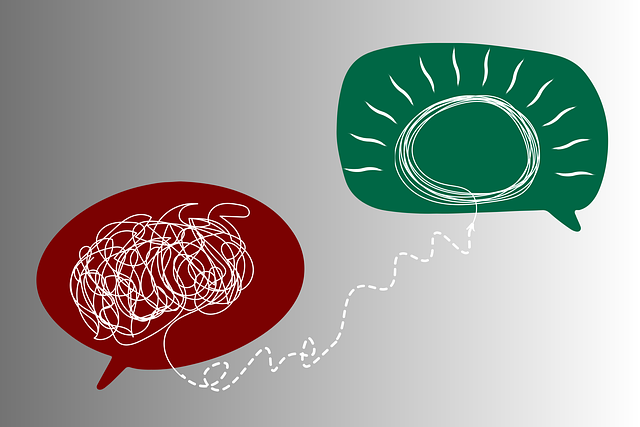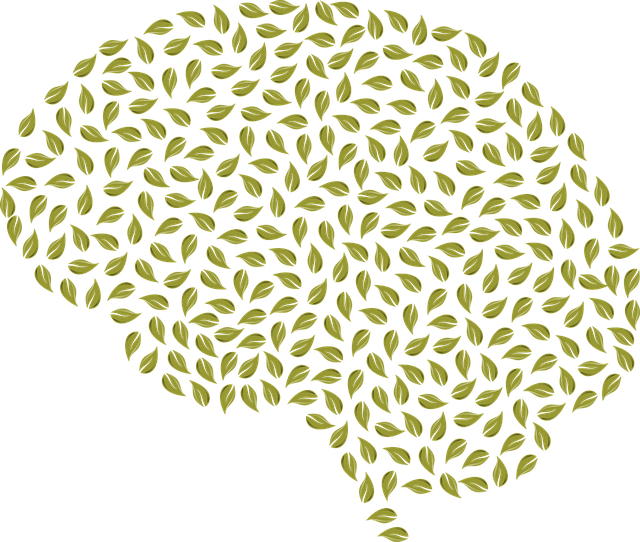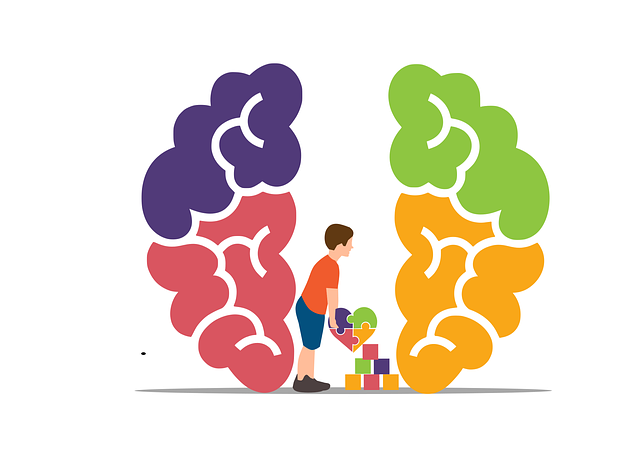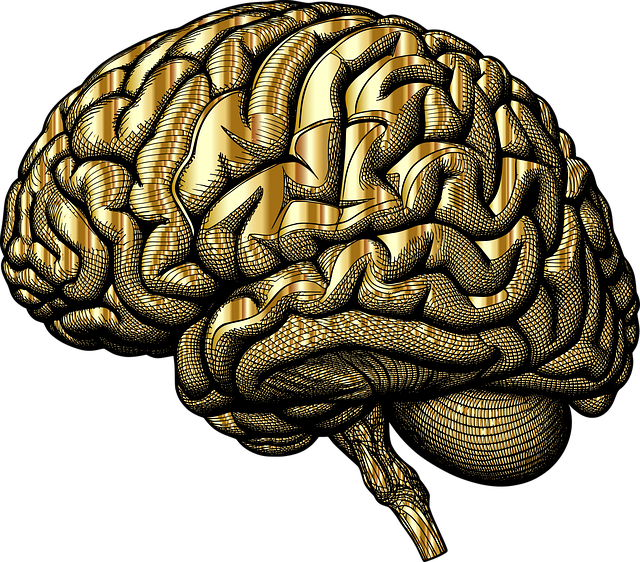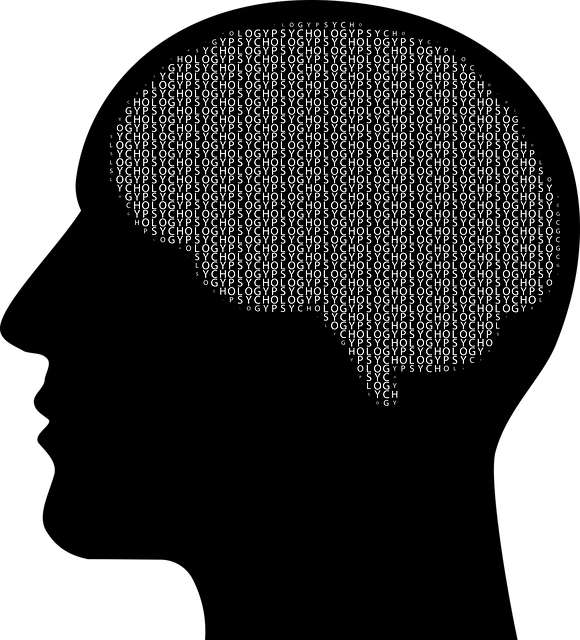Mental health is a cornerstone of overall well-being, significantly impacting daily life. Westminster Pain Management Therapy emphasizes that issues like depression and anxiety can severely affect work, relationships, and physical health. They advocate for an integrated approach to mental wellness management, combining therapy, medication, and self-care. Coaching emerges as a powerful tool, offering safe spaces for emotion exploration, fostering self-awareness, and teaching healthier coping strategies. Their coaching programs at Westminster integrate modular components, evidence-based self-care practices, and techniques like CBT and mindfulness to empower individuals in managing their mental health effectively. Measuring success through clear goals, client feedback, and continuous improvement ensures these programs remain impactful, driving positive changes in thought patterns and behaviors while reducing mental illness stigma, much like their revolutionary approach to pain management.
In today’s fast-paced world, mental wellness is more critical than ever. This comprehensive guide explores the development of effective Mental Wellness Coaching Programs, focusing on strategies that empower individuals to thrive. We delve into the intersection of mental health and daily life, highlighting the transformative power of coaching. From understanding diverse needs to integrating evidence-based techniques, this article guides readers through the process, emphasizing the importance of continuous improvement in Westminster Pain Management Therapy contexts.
- Understanding Mental Health and Its Impact on Daily Life
- The Role of Coaching in Promoting Mental Wellness
- Designing Effective Coaching Programs for Different Needs
- Integrating Evidence-Based Techniques into Coaching Practice
- Measuring Success and Continuous Improvement in Mental Wellness Coaching
Understanding Mental Health and Its Impact on Daily Life

Mental health is a vital aspect of overall wellness, influencing how individuals think, feel, and act in their daily lives. It encompasses emotional, psychological, and social well-being, affecting one’s ability to cope with stress, make choices, and relate to others. According to Westminster Pain Management Therapy, poor mental health can significantly impair functioning and impact various areas of life, including work, relationships, and physical health. Issues like depression, anxiety, and chronic stress are common yet often overlooked, leading to a diminished quality of life.
Understanding the profound effect of mental health on daily functioning is crucial. It highlights the need for comprehensive Mental Health Policy Analysis and Advocacy to ensure accessible and effective support systems. This includes integrated approaches that blend therapy, medication (when necessary), and self-care strategies. By prioritizing mood management and implementing robust Risk Management Planning for Mental Health Professionals, individuals can receive timely interventions, fostering improved mental wellness outcomes.
The Role of Coaching in Promoting Mental Wellness

Coaching plays a pivotal role in promoting mental wellness by providing individuals with a supportive and confidential space to explore their thoughts and emotions. Through effective coaching techniques, clients can gain greater self-awareness, develop healthier coping mechanisms, and cultivate resilience in the face of life’s challenges. This process empowers them to take proactive steps towards enhancing their overall well-being.
In today’s fast-paced world, where stress and anxiety are prevalent, mental wellness coaching offers a unique approach to care. Coaches help individuals navigate through complex emotional landscapes, fostering better communication strategies that extend beyond the therapy room. By integrating concepts like emotional intelligence and self-care routine development for better mental health, clients can experience profound improvements in their mental wellness. This holistic approach, tailored to each person’s needs, is transforming the way we address mental health concerns, much like Westminster Pain Management Therapy revolutionizes pain relief strategies.
Designing Effective Coaching Programs for Different Needs

Designing effective coaching programs requires tailoring approaches to meet diverse mental wellness needs. One size doesn’t fit all when it comes to addressing the complex landscape of individual psychological challenges, especially in a setting like Westminster Pain Management Therapy where patients often face both physical and emotional pain. Programs should offer modular components that cater to specific concerns such as stress management, anxiety reduction, or coping skills development.
Incorporating evidence-based self-care practices and stress reduction methods can empower individuals to take an active role in their mental health journey alongside professional guidance. By providing a range of tools and techniques accessible to all, coaching programs can effectively support clients in navigating their unique challenges, fostering resilience, and cultivating a sense of well-being that extends beyond the therapy setting.
Integrating Evidence-Based Techniques into Coaching Practice

Incorporating evidence-based techniques is a cornerstone of effective mental wellness coaching programs. Coaches can leverage research-backed approaches like cognitive behavioral therapy (CBT), mindfulness practices, and positive psychology interventions to empower clients in managing their mental health effectively. By integrating these strategies, coaches can facilitate meaningful changes in thought patterns, behaviors, and emotions, ultimately enhancing the overall well-being of individuals seeking support.
For instance, Westminster Pain Management Therapy has recognized the importance of combining traditional pain management techniques with mental wellness coaching. This holistic approach addresses not only the physical symptoms but also the psychological aspects of chronic pain, aiming to improve clients’ quality of life and reduce the impact of mental illness stigma reduction efforts. Confidence boosting exercises and emotional well-being promotion techniques are integral parts of this process, enabling individuals to develop coping mechanisms that foster resilience and a positive mindset.
Measuring Success and Continuous Improvement in Mental Wellness Coaching

Measuring success and driving continuous improvement are essential components of any effective mental wellness coaching program. Just as Westminster Pain Management Therapy assesses the outcomes of their pain management strategies, coaches should regularly evaluate the progress and satisfaction levels of their clients. This involves setting clear, measurable goals tailored to individual needs, utilizing evidence-based tools for assessment, and collecting client feedback through surveys or interviews. By tracking these metrics, coaches can identify what’s working and make necessary adjustments to their approach.
Continuous improvement requires a commitment to staying updated with the latest research in mental health education programs design, incorporating innovative techniques, and integrating self-care routine development for better mental health into coaching sessions. Encouraging clients to maintain mental wellness journaling exercises guidance can also provide coaches with valuable insights into their progress over time. This cyclical process ensures that the program remains effective, relevant, and aligned with clients’ evolving needs.
Mental wellness coaching programs have evolved to play a pivotal role in supporting individuals’ overall well-being, especially in today’s fast-paced world. By integrating evidence-based techniques and tailoring them to diverse needs, coaches can effectively guide clients towards improved mental health. As demonstrated by successful initiatives like Westminster Pain Management Therapy, these programs offer a transformative approach to enhancing daily life quality. Continuous improvement through measured success ensures that coaching remains accessible and impactful, empowering individuals to navigate life’s challenges with resilience and enhanced mental wellness.
